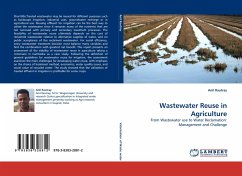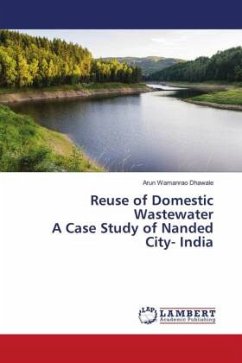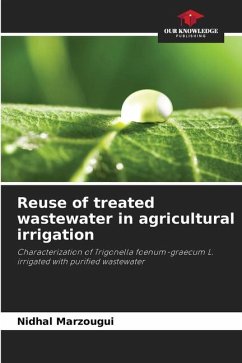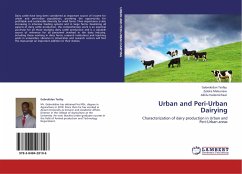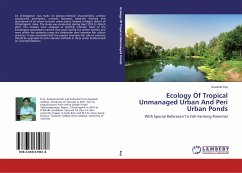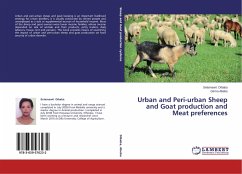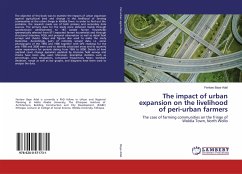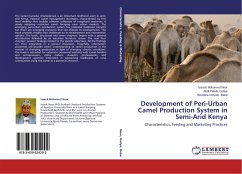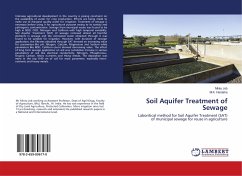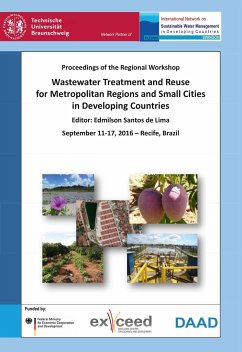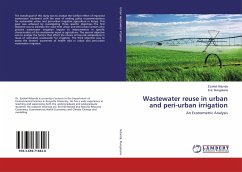
Wastewater reuse in urban and peri-urban irrigation
An Econometric Analysis
Versandkostenfrei!
Versandfertig in 6-10 Tagen
51,99 €
inkl. MwSt.

PAYBACK Punkte
26 °P sammeln!
The overall goal of this study was to analyse the welfare effect of improved wastewater treatment with the view of making policy recommendations for sustainable urban and peri-urban irrigation agriculture in Kenya. This goal was achieved by investigating three specific objectives. The first objective was to estimate the value that urban and peri-urban farmers who practice wastewater irrigation impute to improvements in specific characteristics of the wastewater input in agriculture. The second objective was to analyse the factors that affect the choice of low-risk adaptations in reuse of untre...
The overall goal of this study was to analyse the welfare effect of improved wastewater treatment with the view of making policy recommendations for sustainable urban and peri-urban irrigation agriculture in Kenya. This goal was achieved by investigating three specific objectives. The first objective was to estimate the value that urban and peri-urban farmers who practice wastewater irrigation impute to improvements in specific characteristics of the wastewater input in agriculture. The second objective was to analyse the factors that affect the choice of low-risk adaptations in reuse of untreated wastewater for irrigation. The third objective was to assess the farmers' awareness of health risks in urban and peri-urban wastewater irrigation.



